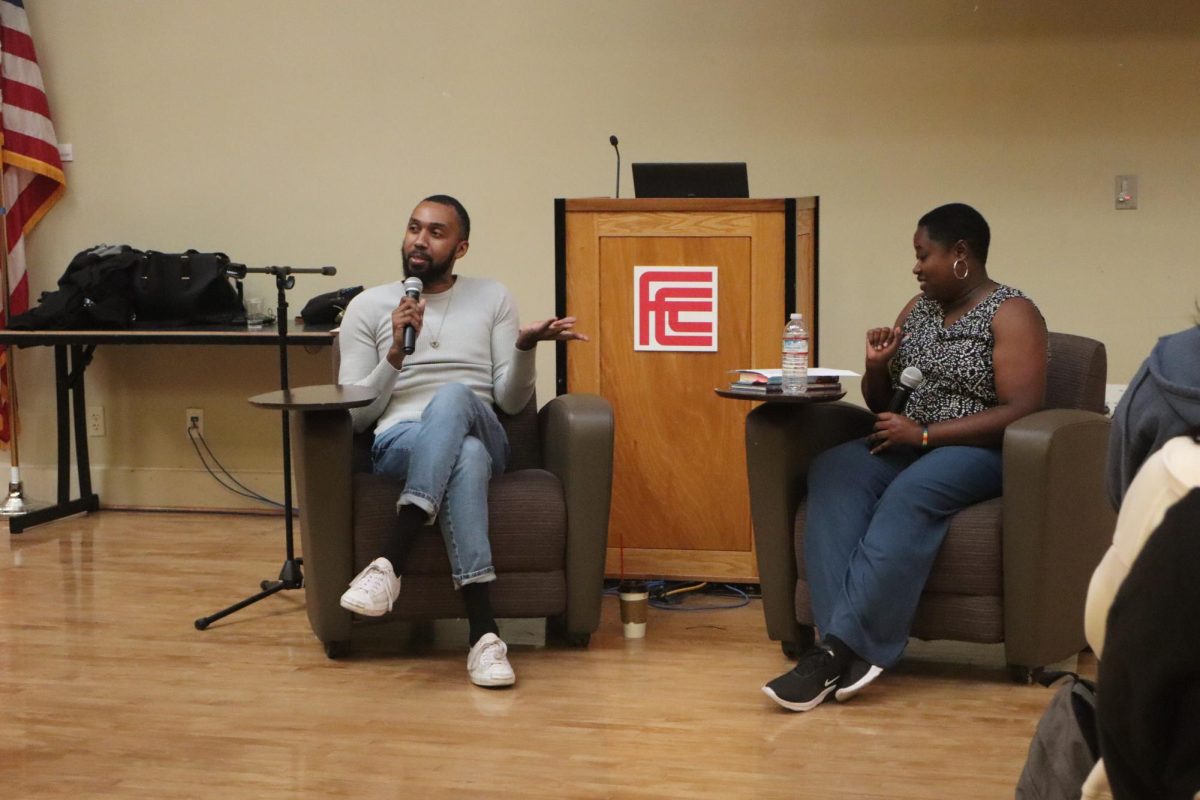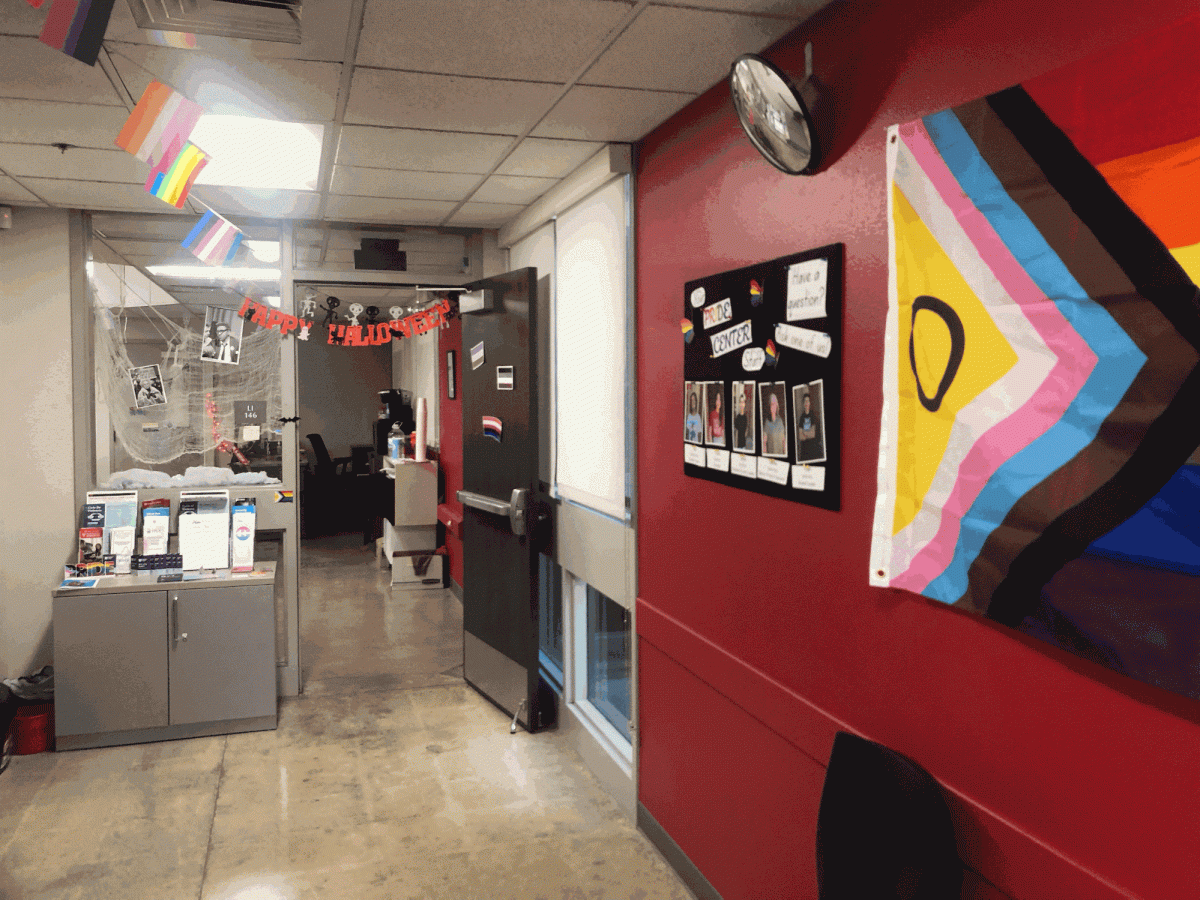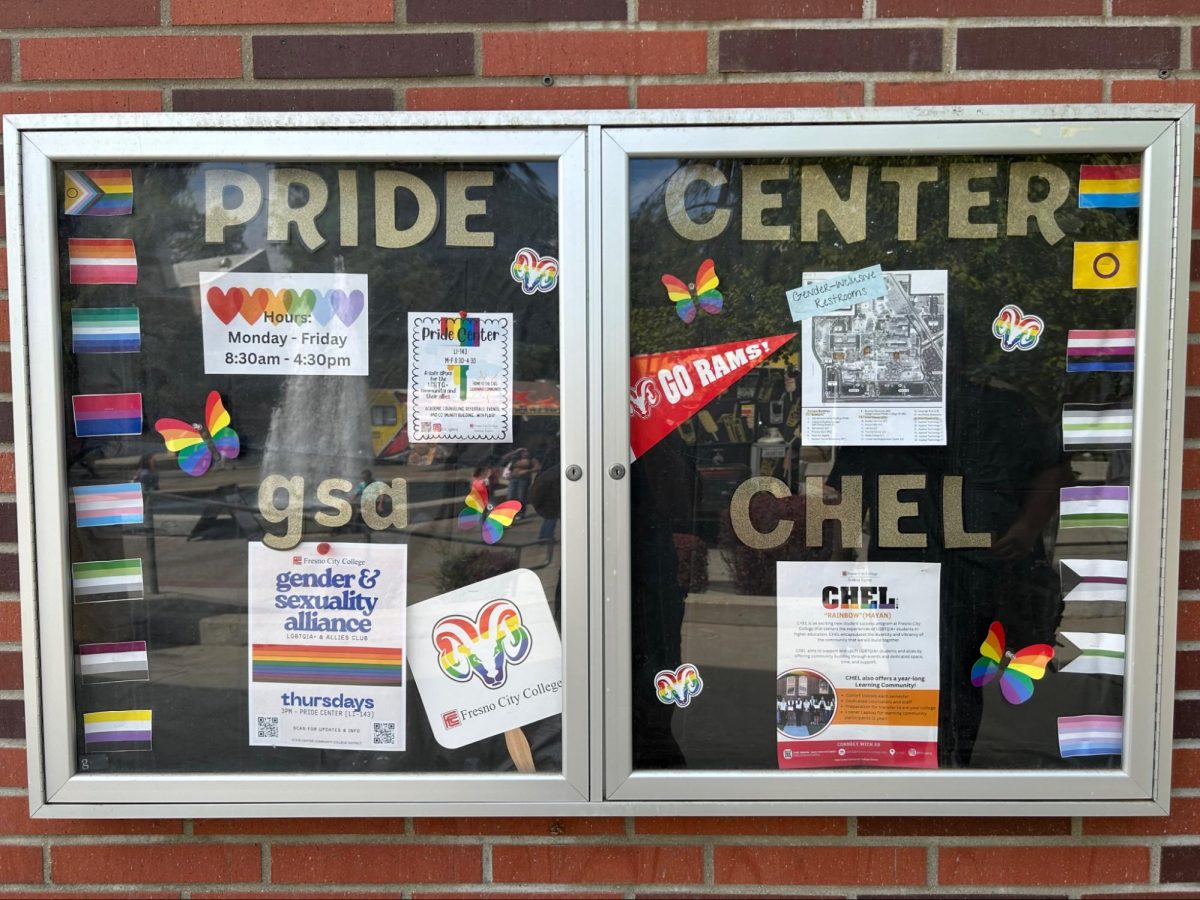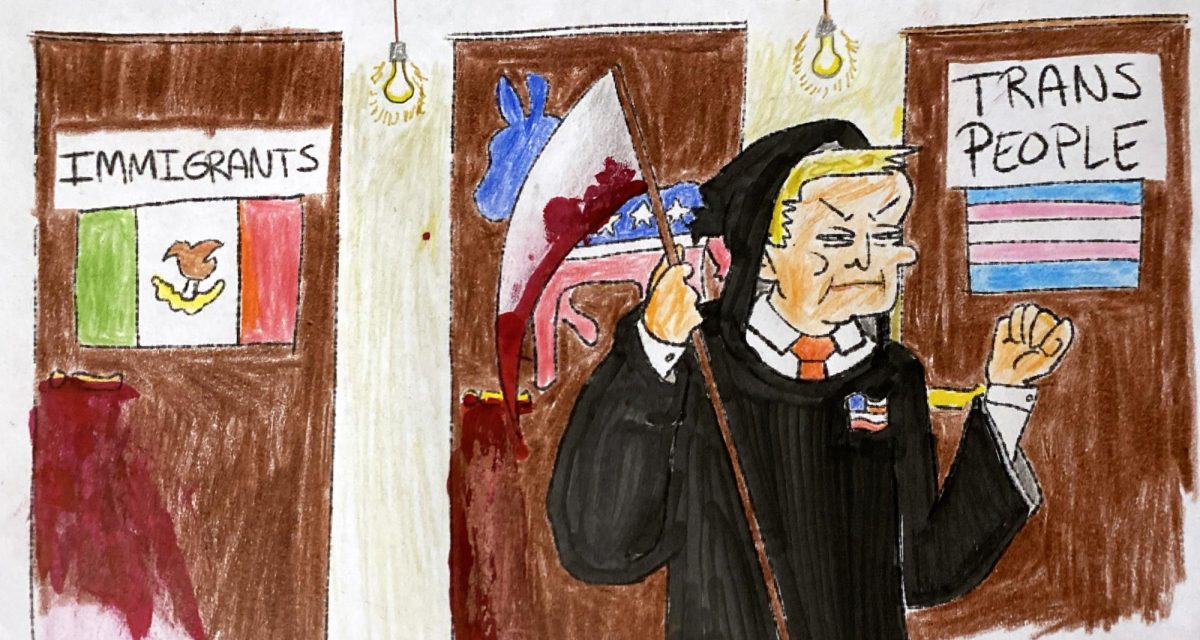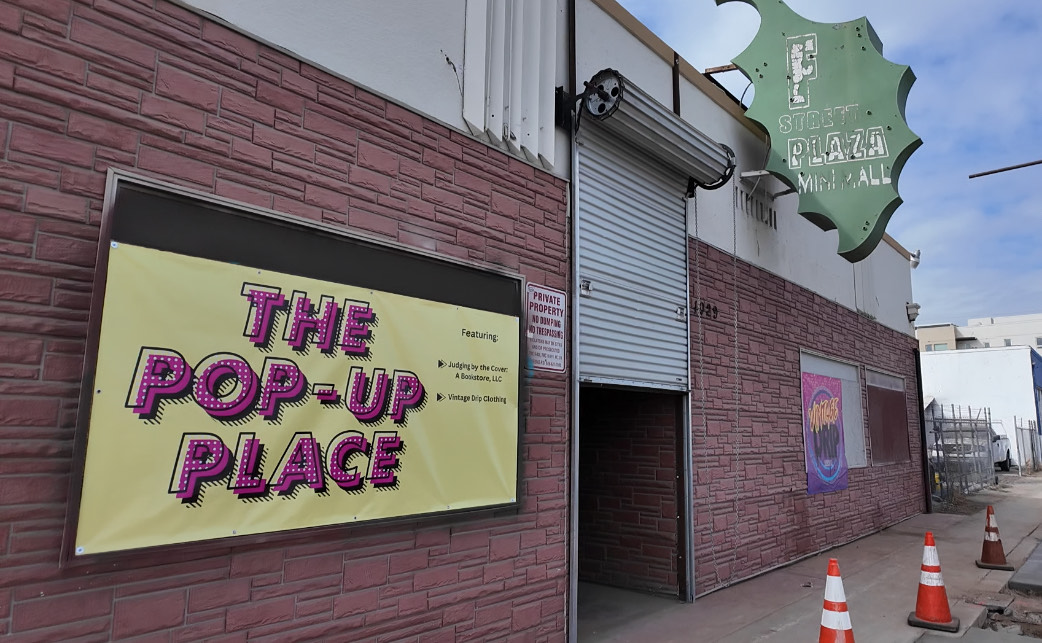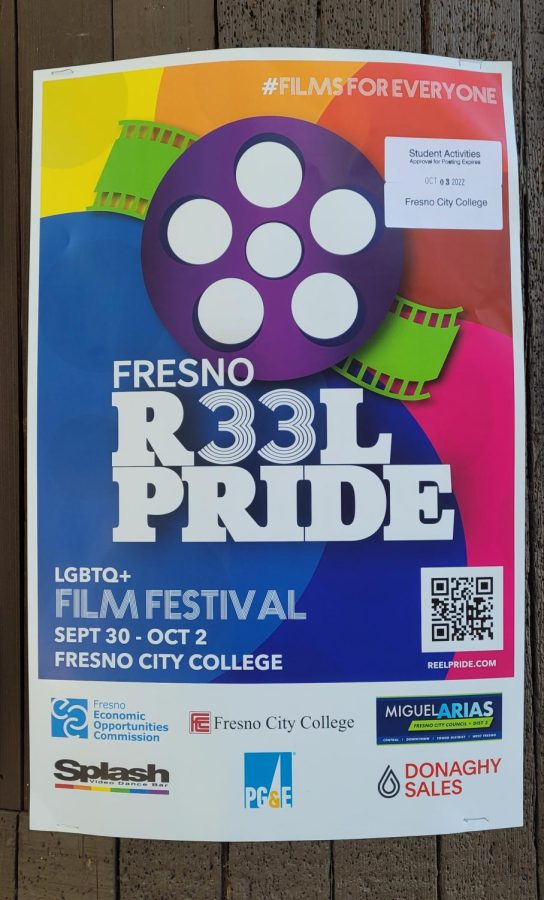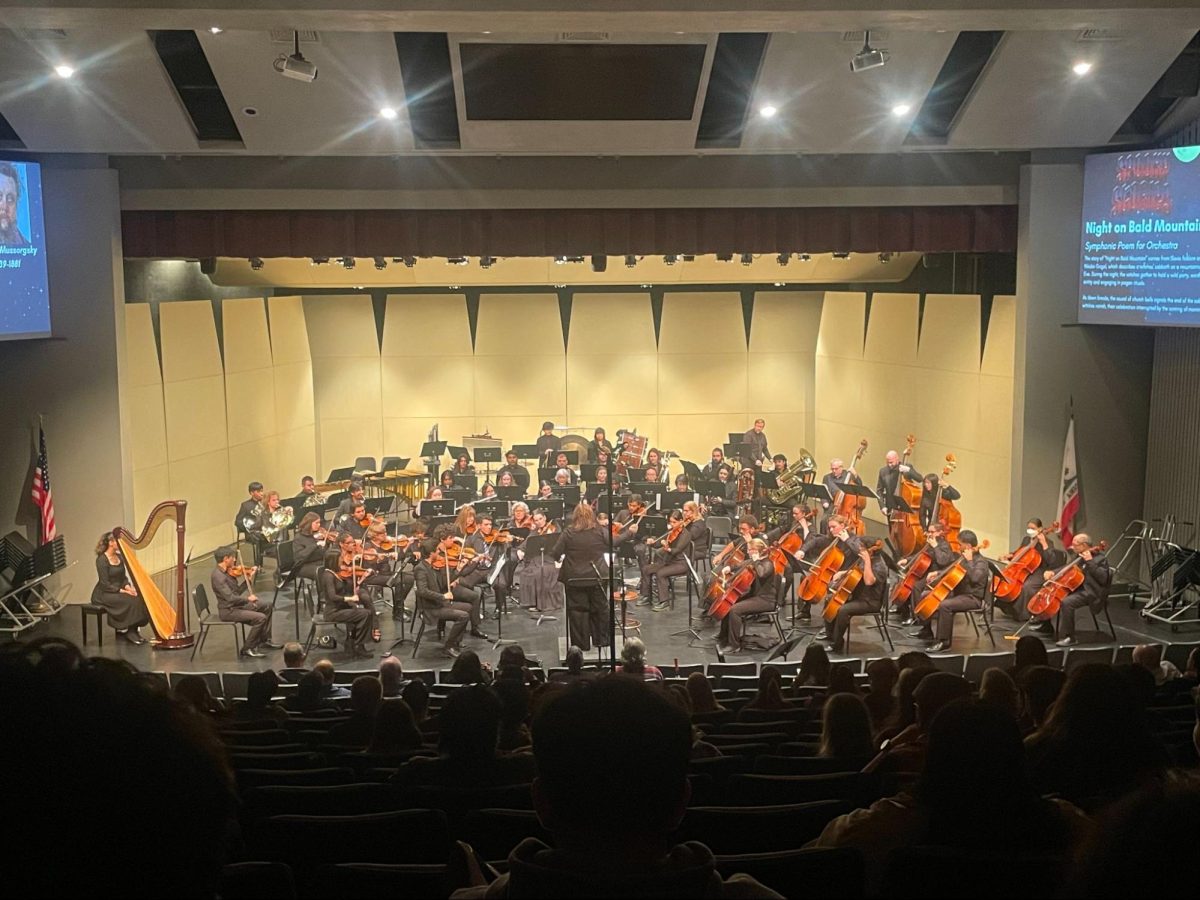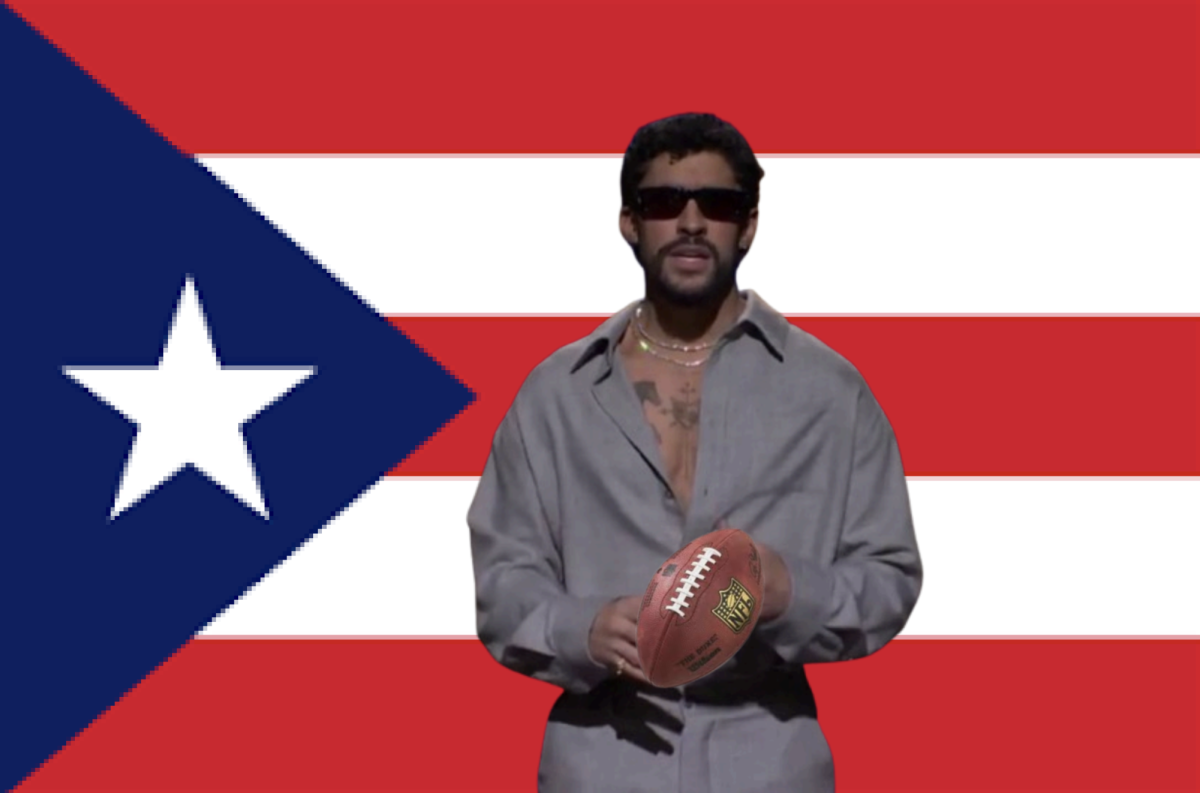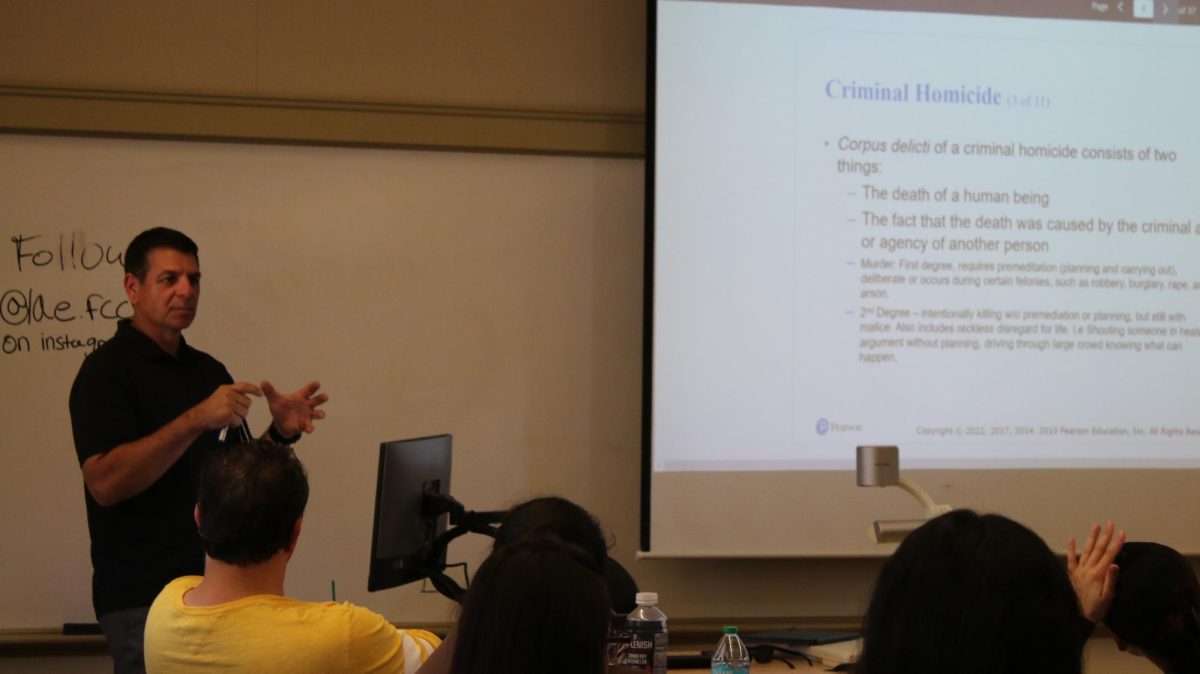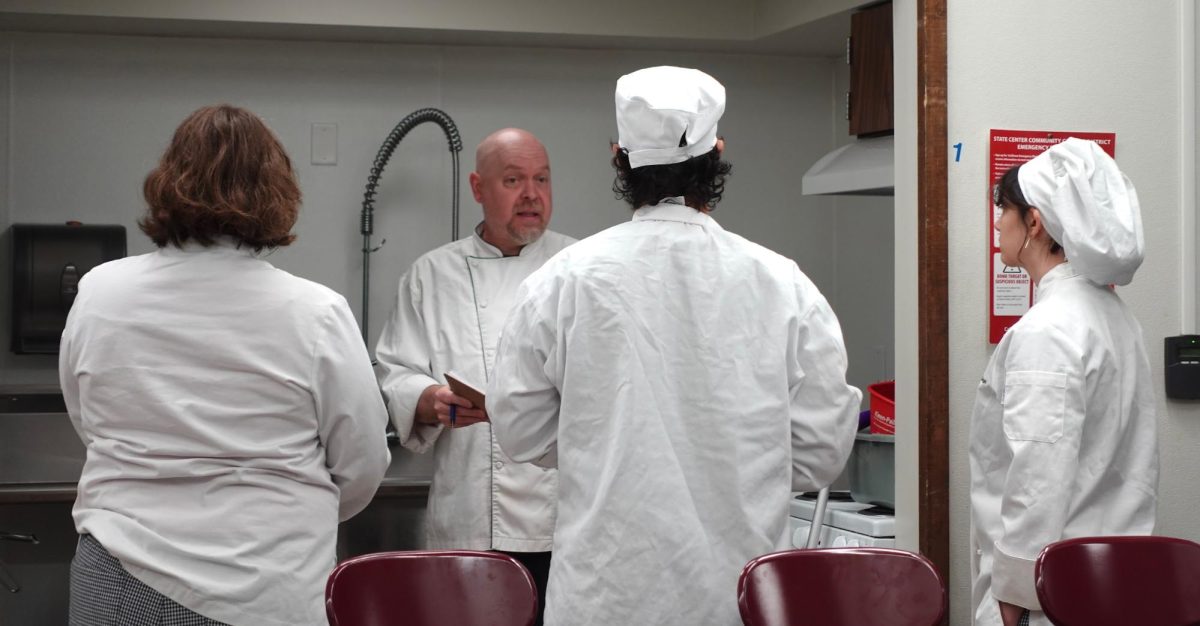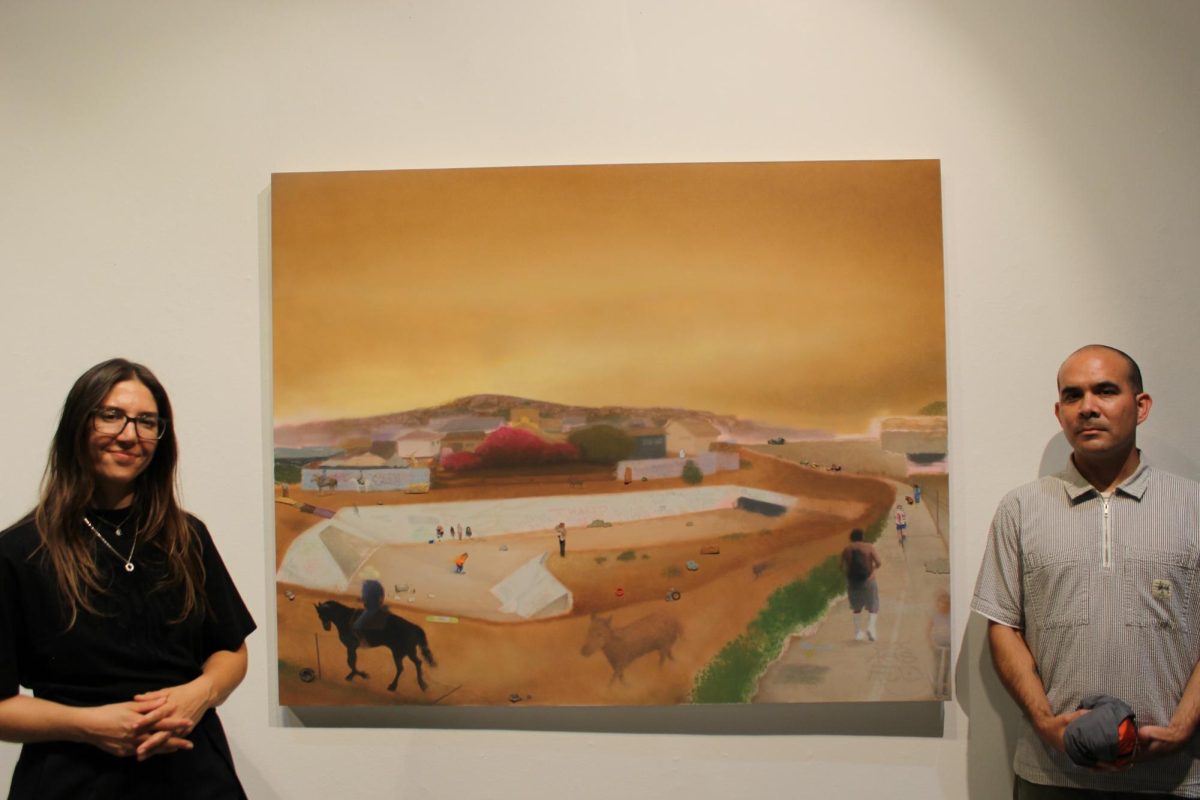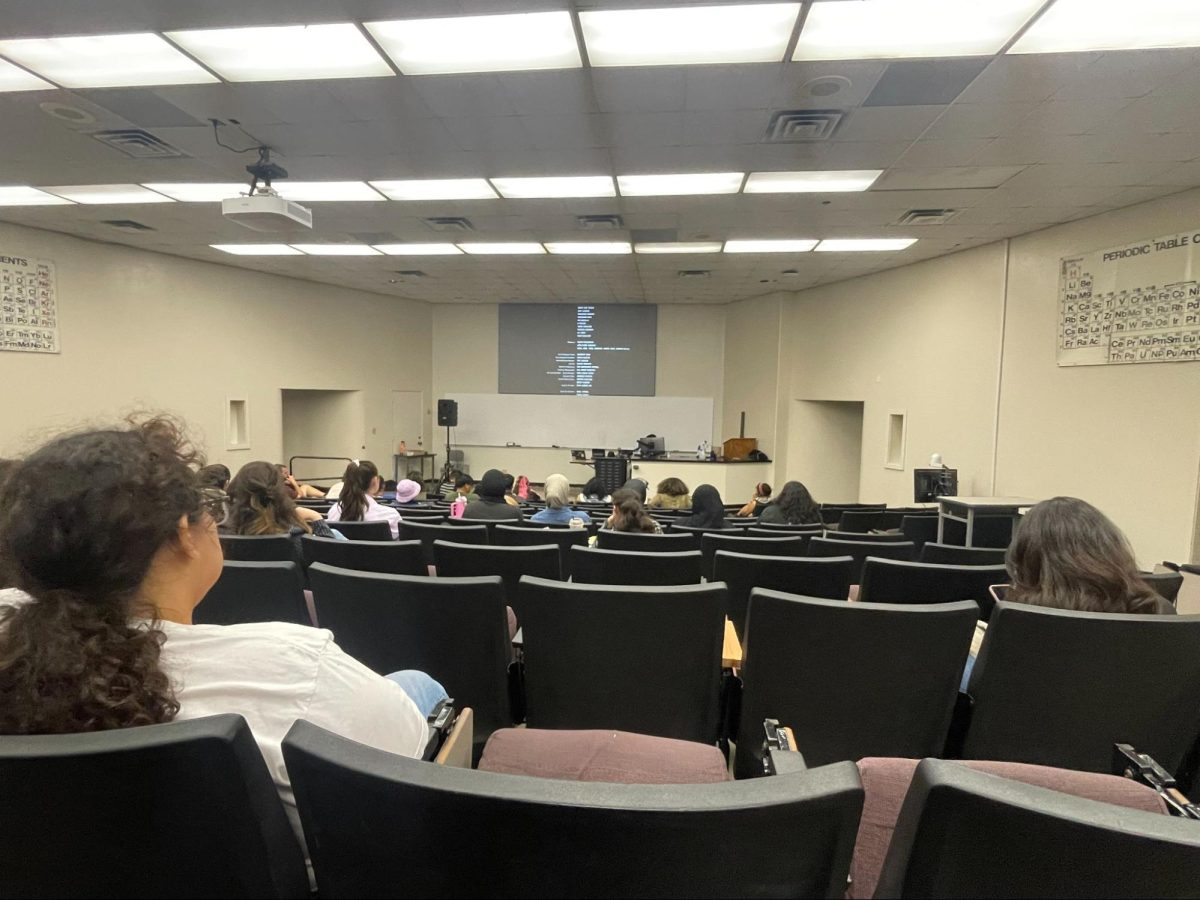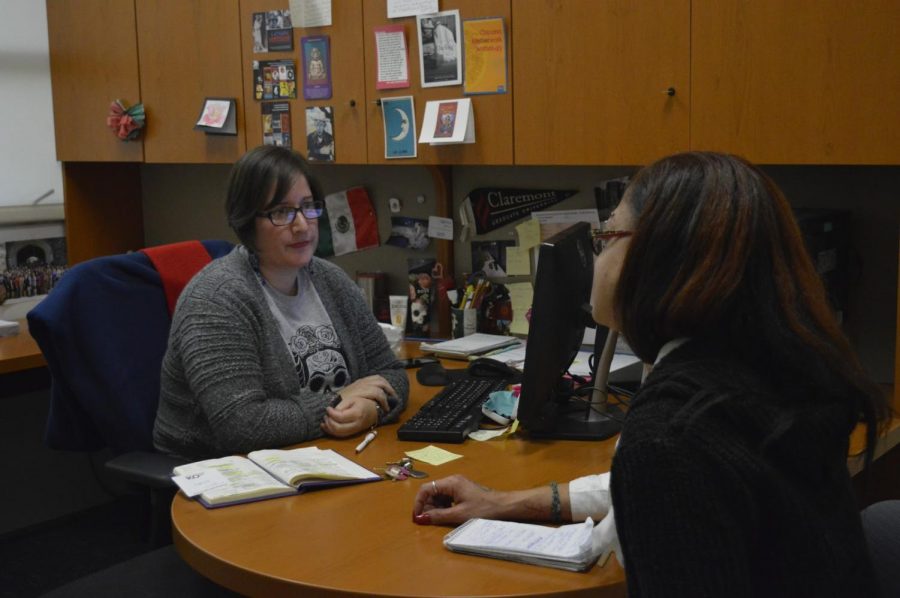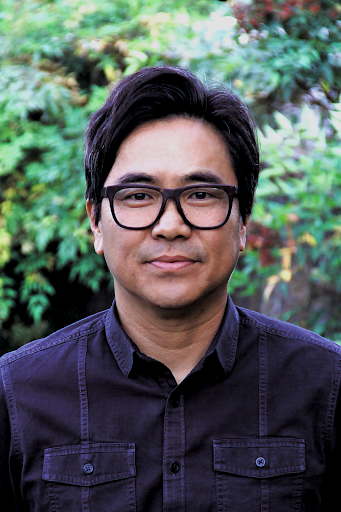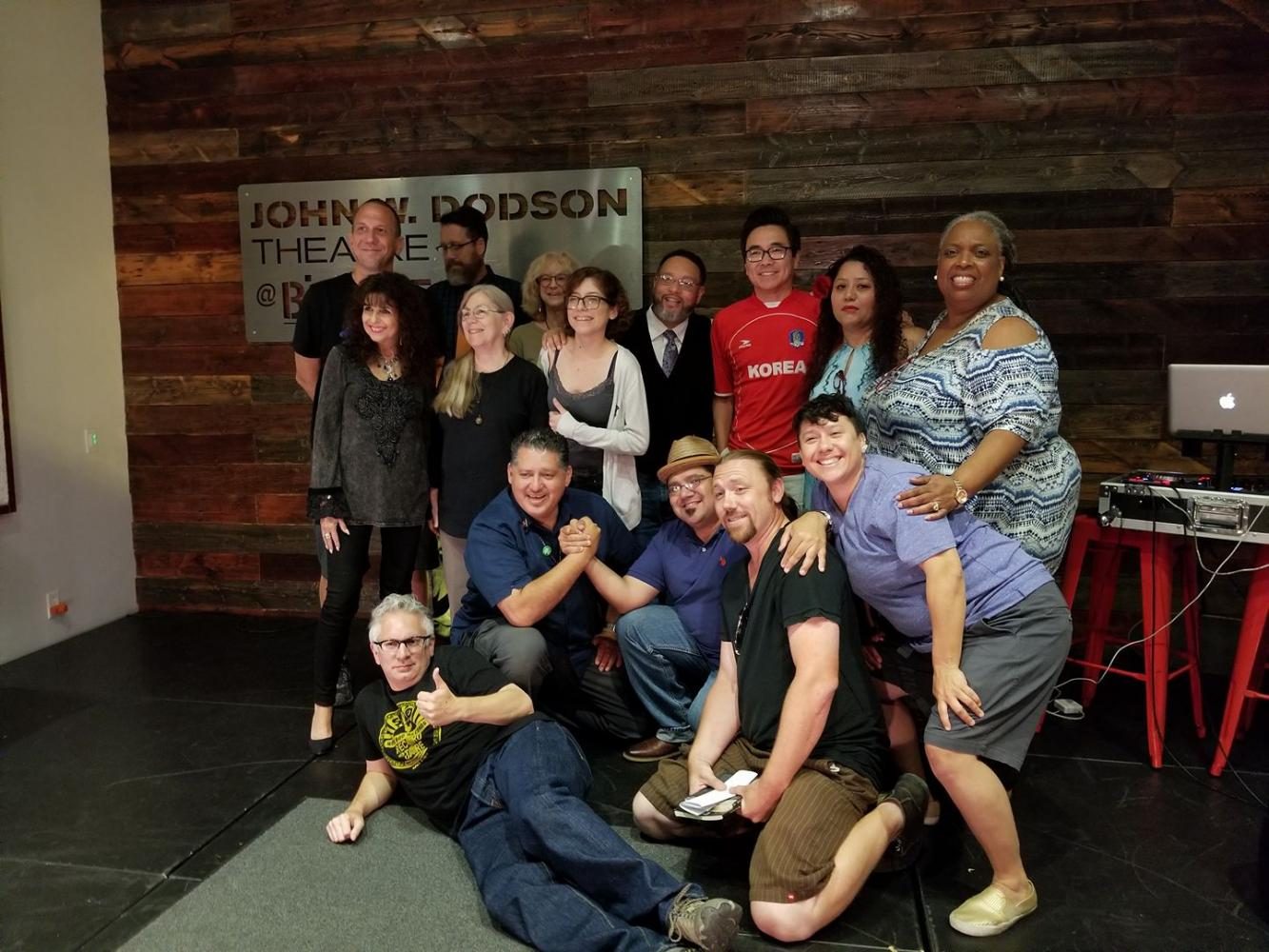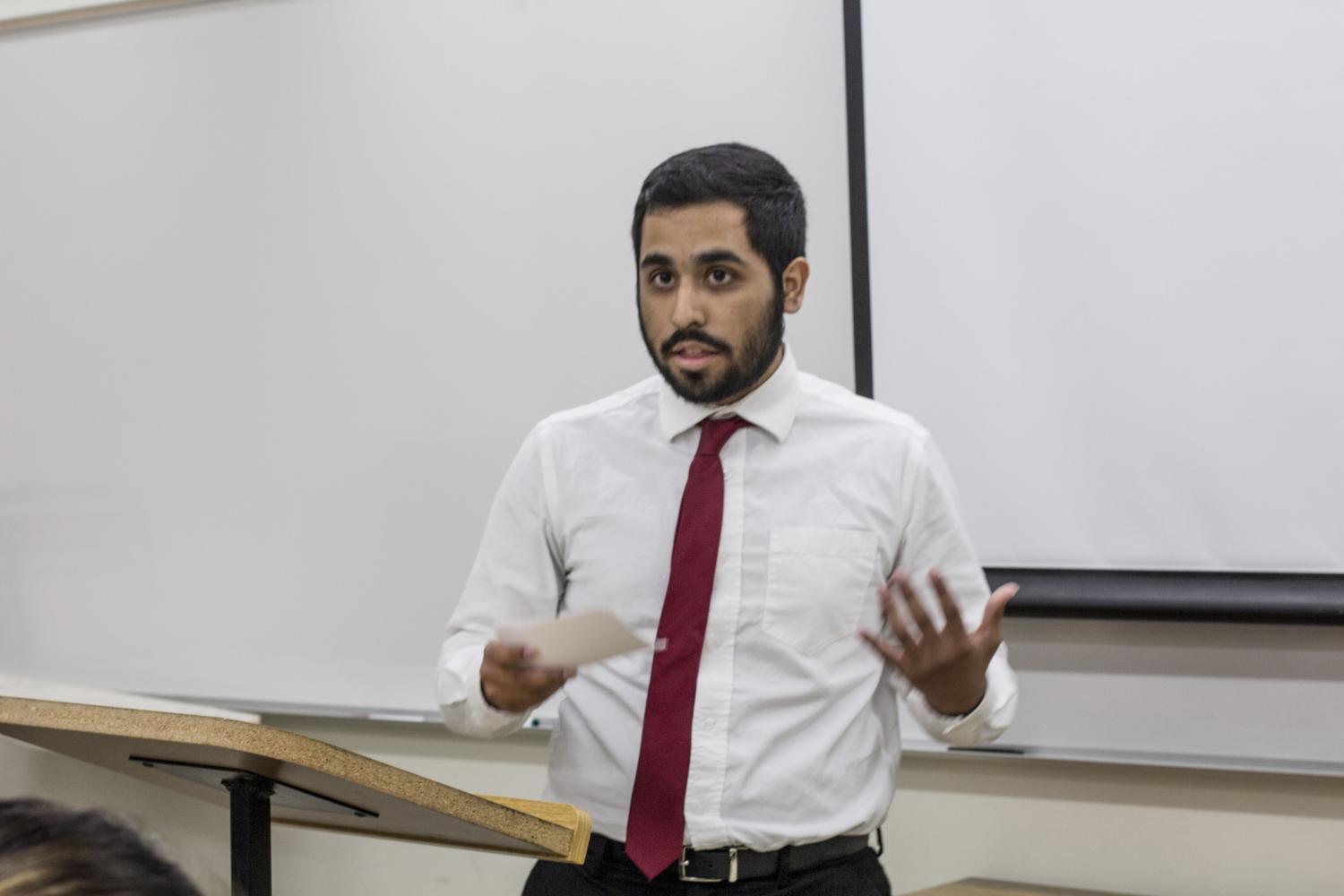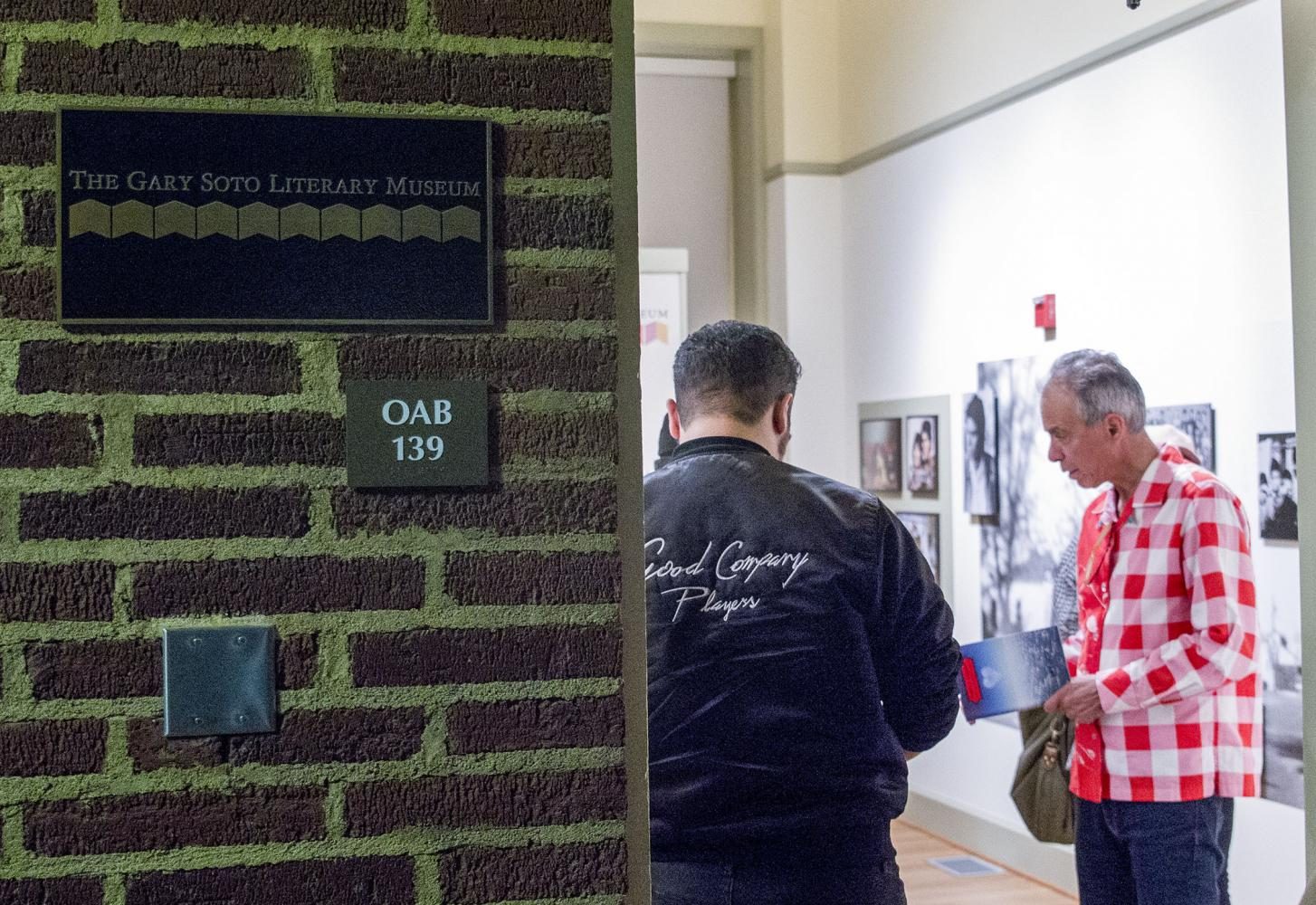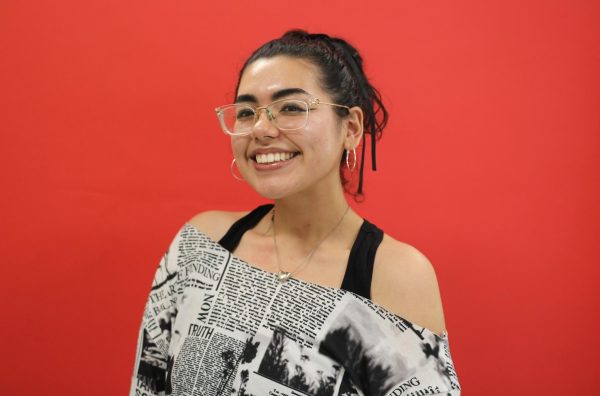The New York Times best-selling author of “All Boys Aren’t Blue,” George M. Johnson, came to Fresno City College for a conversation on race, sexuality, gender and education on Oct. 15 at noon.
Johnson’s book is a memoir sharing their personal experiences of life from childhood to adulthood as a person who identifies as nonbinary, black and queer.
The book has been banned across several state school districts for its depiction of LGBTQIA+ and sexual themes.
More than 50 people gathered in the Old Administration Building to hear Johnson speak with African American literature instructor Apryl Lewis as they discussed identity, inclusivity, education and challenges Johnson faced with the book ban.
Johnson wrote “All Boys Aren’t Blue” to create a book they wished they had when they were a teenager. Johnson had come to realize their identity as an early teen and started to accept the journey they were on as they entered college and met similar people.
“I had to learn and readjust what my purpose was and how I was going to take the journey, so no longer suppressing certain things and walking into newer things,” Johnson said.
Johnson said that identity shifts are an evolving process of self-journey and we have to accept new terms that will be created for self expression.
“I would say we’re gonna have to go really, really big to define ourselves, until we can abolish it all, and then none of it matters to begin with,” Johnson said.
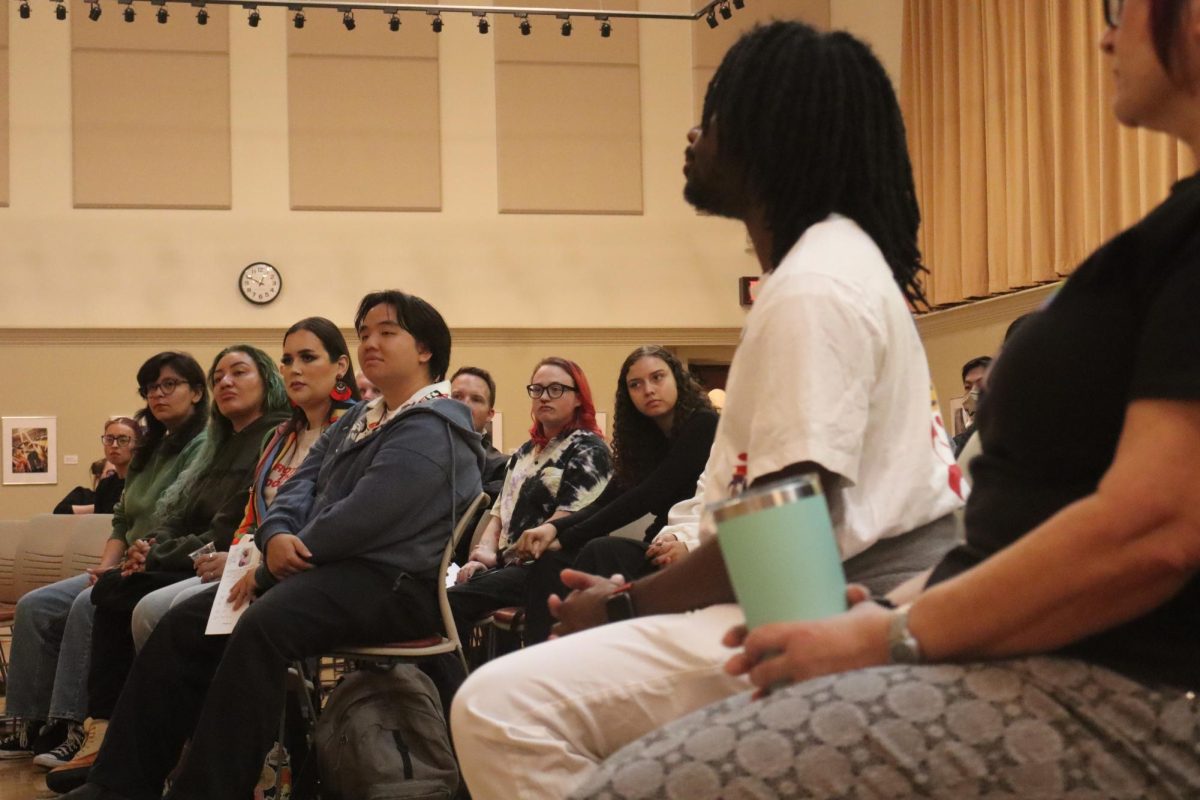
Carolina Zulema Escalante, a CHEL student, said that she related to Johnson’s journey of finding self-identity. She identifies as bisexual and reading the book made her confide in the people she trusted without having to tell everyone.
An event attendee, Jez Najera, said that she realized that maybe she needed more digging in her gender identity and acceptance.
For several years, Johnson has taught the idea of “inviting in” as a replacement for “coming out” because it changes the agency a person has on self acceptance.
“When you’re thinking about inviting in, you get to pick and choose the who of who you let into what’s going,” Johnson said.
A co-sponsor of the event, Barselles Cummings, said that this idea of “inviting in” in particular stuck with him throughout Johnson’s conversation.
“All Boys Aren’t Blue” is currently taught in English courses in states that do not have it banned. Johnson said that the book was put on the ban list by people who they believed have not read it.
“I’m going to keep fighting for the right to read, because ultimately, what they (book banners) want is a generation of people who lack empathy, starting from young adults and a generation of people who can’t read and can’t write,” Johnson said.
They also do not plan on revising or changing the book because it is a “time capsule,” meaning that it preserves the knowledge they knew at a point in time and sees the growth that develops over time.

